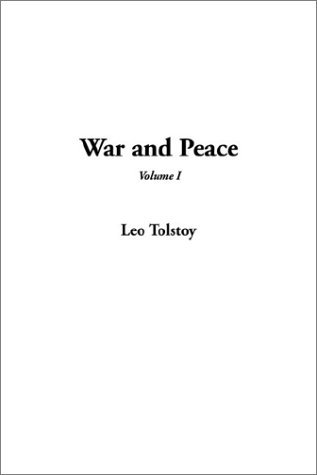
The Cossacks
Book Description
Caught between two worlds, a restless young nobleman flees the confines of society to embrace the wild, untamed life of the Cossacks. Amidst breathtaking landscapes and fierce battles, he is drawn into a whirlwind of loyalty, love, and betrayal. As he grapples with his identity and the harsh realities of a harsh frontier, passions ignite and friendships are tested. Will he find his true self in a land where honor is as fierce as the blades that clash? Riveting and raw, "The Cossacks" offers a gripping exploration of humanity’s quest for belonging amidst chaos. What sacrifices will he make to bridge two worlds?
Quick Book Summary
Leo Tolstoy’s "The Cossacks" follows the journey of Dmitri Olenin, a disillusioned young nobleman seeking meaning beyond the superficialities of Moscow society. Drawn to the freedom and simplicity of the Cossack way of life, Olenin volunteers for military service in the Caucasus, where he is immersed in a world of vibrant landscapes, grueling battles, and tightly knit village traditions. As he attempts to integrate into Cossack society and navigate his feelings for the enchanting Maryanka, Olenin experiences a profound transformation. His search for belonging exposes the complexities of identity, honor, and love, illuminating the profound chasm between urban Russian nobility and the rugged authenticity of the Cossacks. Through Olenin’s struggles, Tolstoy explores universal themes of self-discovery, cultural conflict, and the quest for purpose in an unforgiving world.
Summary of Key Ideas
Table of Contents
Search for Personal Identity and Meaning
Dmitri Olenin, weary of his privileged yet empty existence in Russian high society, seeks adventure and renewal by joining the army and moving to the remote Caucasus. Immersed in the raw beauty and simplicity of the region, Olenin hopes to find authenticity and purpose that eluded him in Moscow. Drawn deeply into the Cossack way of life, he is at first a fascinated outsider, eager to abandon his former self in favor of what he imagines as noble savagery and moral purity.
Conflict Between Cultures and Classes
Olenin’s efforts to assimilate are met with mixed results, revealing the profound divide between Russian gentry and Cossack villagers. He tries to integrate by learning their customs and working alongside them, but he is never fully accepted. The Cossack community, led by characters like the stoic Eroshka and the lively Maryanka, sees Olenin as an outsider, reinforcing the novel’s exploration of cultural and social boundaries that are difficult, if not impossible, to cross.
Nature, Simplicity, and the Idealized Life
Olenin’s ideals are tested by his experiences of love and desire. He becomes infatuated with Maryanka, the daughter of a Cossack family, but his romantic feelings are complicated by the existing social structures and Maryanka’s loyalty to her people and customs. Through this attachment, Olenin’s internal conflicts intensify: his longing for acceptance clashes with the reality that no amount of yearning or gestures can bridge the worlds he straddles. Maryanka’s relative indifference forces Olenin to confront the limits of belonging and the true meaning of love.
Love, Desire, and the Limits of Belonging
The stark backdrop of the Caucasus frontier, with its ever-present threat of war and violence, underscores the novel’s themes of honor and masculinity. The Cossacks’ code of courage, loyalty, and camaraderie stands in tension with the imperial Russian military’s presence, highlighting the contrasts and mutual misunderstandings between the groups. Olenin witnesses firsthand the brutality and arbitrary nature of frontier warfare, leading him to reassess not only the Cossack ideal but also his own values and motivations.
Honor, War, and the Cossack Code
By the novel’s conclusion, Olenin’s dreams of transformation remain unfulfilled. Neither entirely Cossack nor content as a Russian nobleman, he finds himself estranged from both worlds. Tolstoy ultimately depicts the quest for meaning, belonging, and love as deeply fraught, shaped by cultural, social, and personal limitations. "The Cossacks" remains a profound meditation on the nature of identity, the complexity of human aspiration, and the elusive promise of a simple, authentic life.
Download This Summary
Get a free PDF of this summary instantly — no email required.





